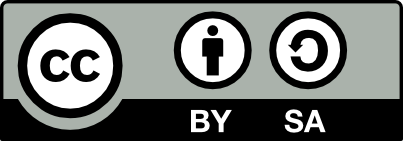Archives
International Journal of Zoology and Applied Biosciences Research Article

Feasibility of vermicomposting coral vine (Antigonon leptopus) employing three epigeic earthworm species
S.G. Antony Godson and S. Gajalakshmi
Year : 2018 | Volume: 3 | Issue: 6 | Pages: 454-461
Received on: 11/13/2018
Revised on: 11/27/2018
Accepted on: 11/29/2018
Published on: 12/20/2018
-
S.G. Antony Godson and S. Gajalakshmi ( 2018).
Feasibility of vermicomposting coral vine (Antigonon leptopus) employing three epigeic earthworm species
. International Journal of Zoology and Applied Biosciences, 3( 6), 454-461.
-
click to view the cite format
Abstract
The study on the vermicomposting of the plant, coral vine, in two forms fresh and soaked by three-epigeic earthworm species Eudrilus eugeniae Kinberg, Eisenia fetida Savigny and Perionyx excavatus Perrier is reported in this study. The semi-continuous mode of reactor operation was carried out. The performance of the reactor was evaluated by quantifying vermicast output, recording growth, and reproduction over the period of 150-day duration. The reactors operated sustainably with a steady increase of vermicast recovery, earthworm zoomass, and juveniles generated. In all the reactors, vermiconversion rate was marginally higher in reactors with the soaked form of feed than the fresh form of the feed. The maximum vermicast output was recorded in E. eugeniae followed by reactors with E. fetida, and P. excavatus: The change in zoomass also exhibited the same trend. There was no mortality in any of the reactors.
Keywords
Coral vine, Vermicast recovery, Zoomass, Eisenia fetida, Reactors.











